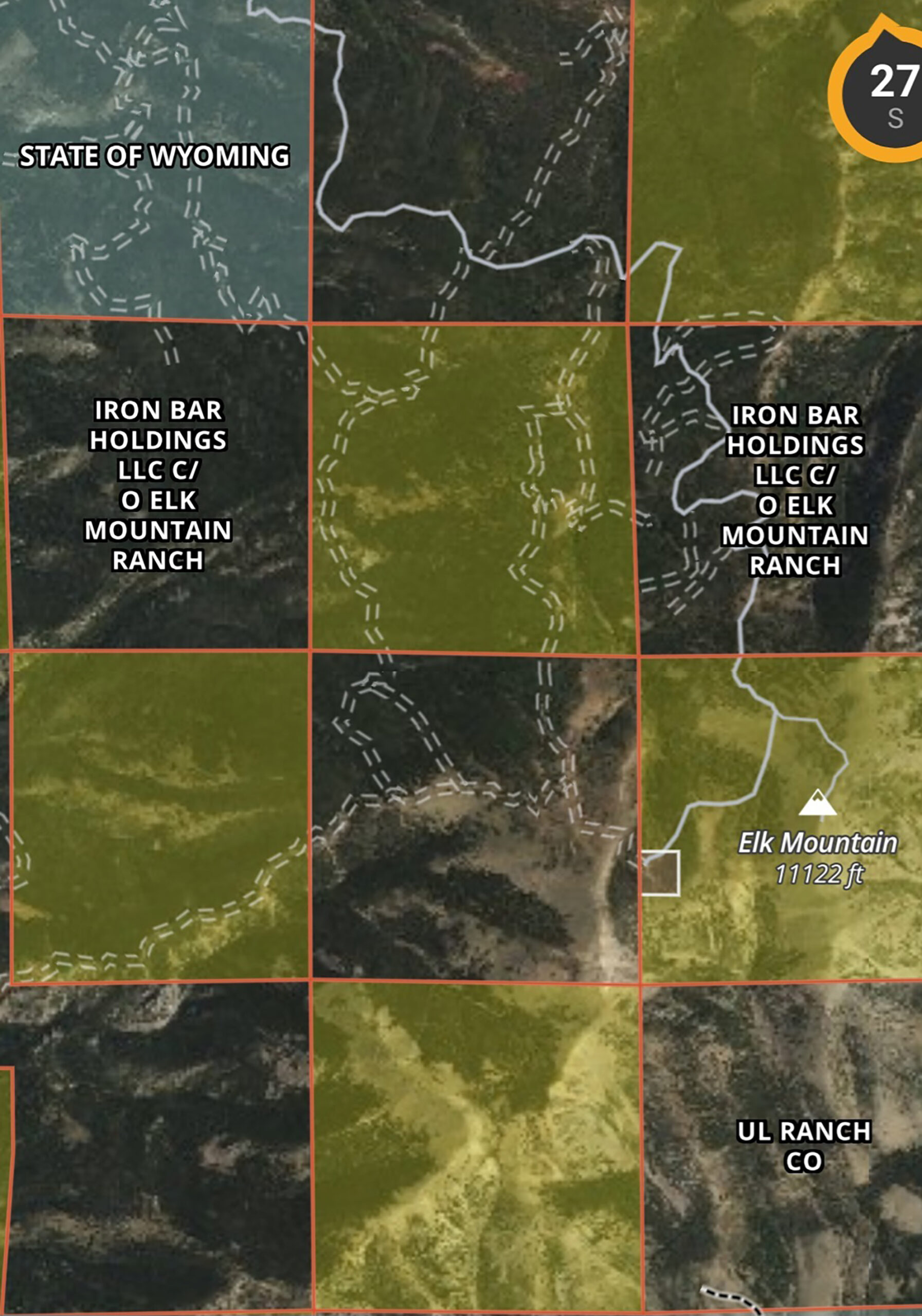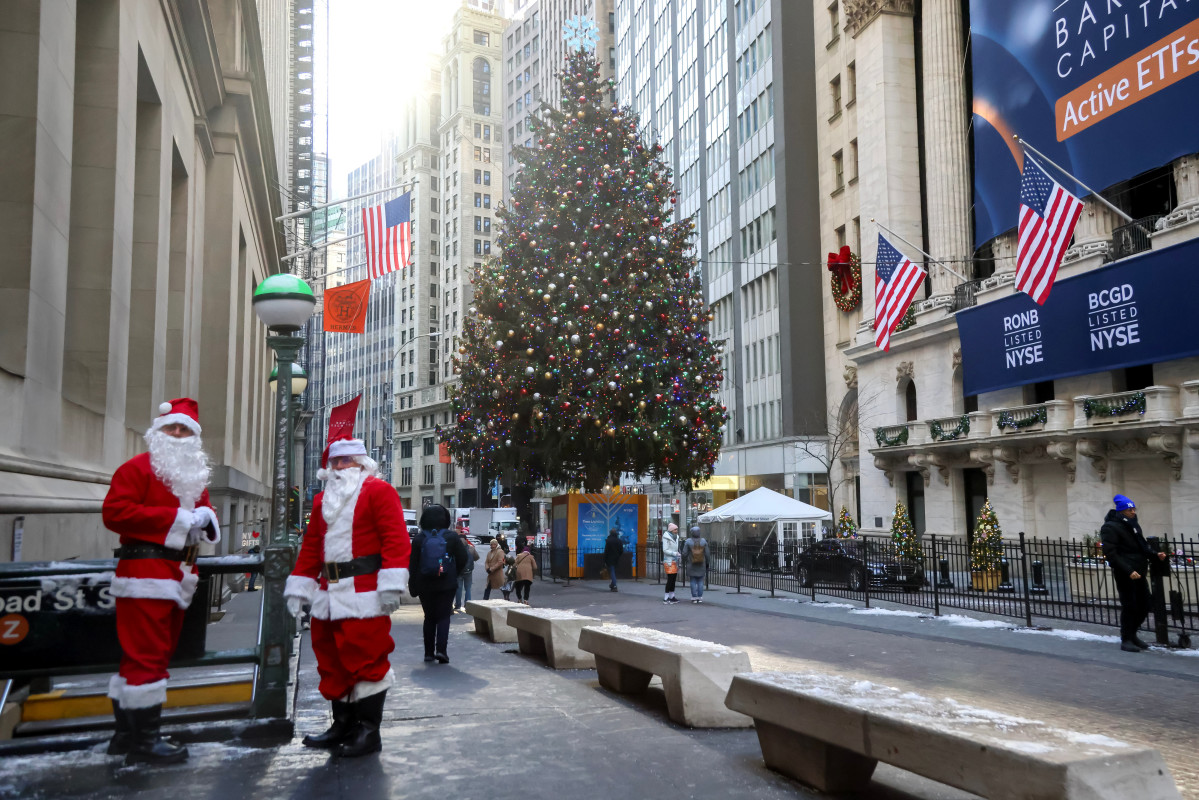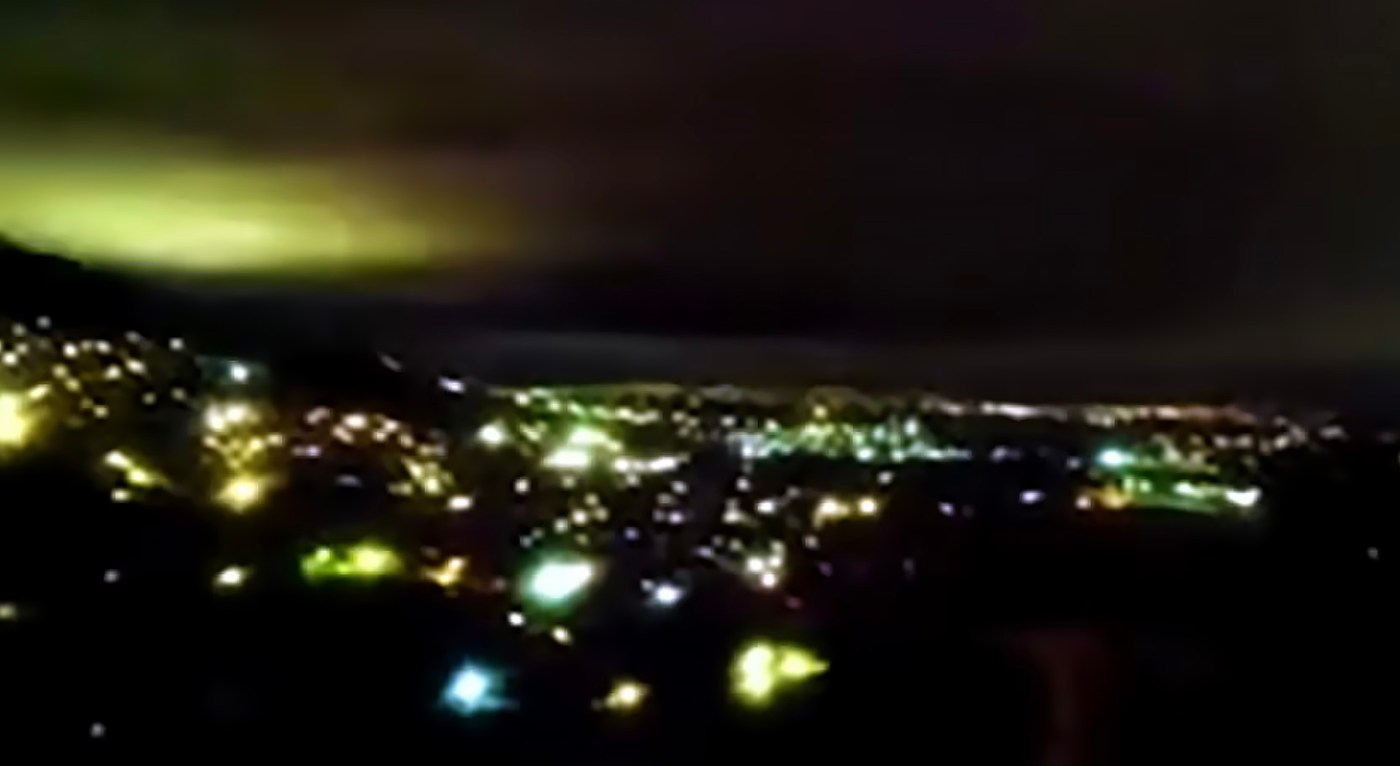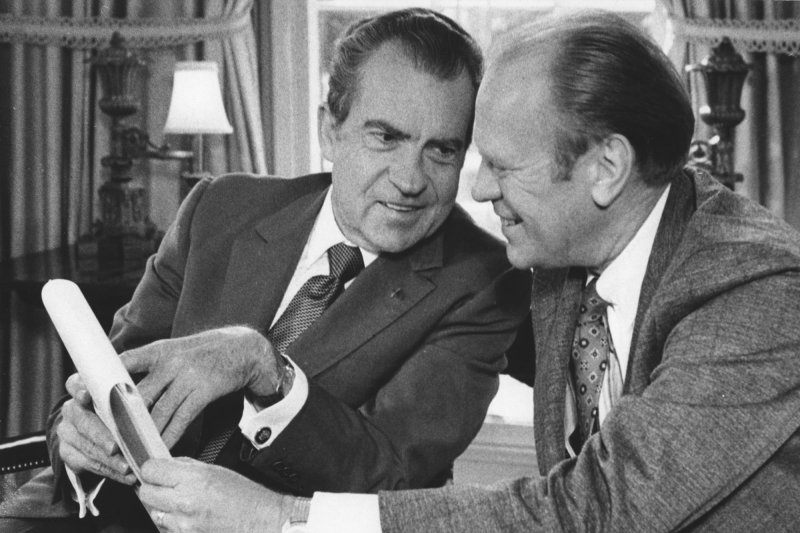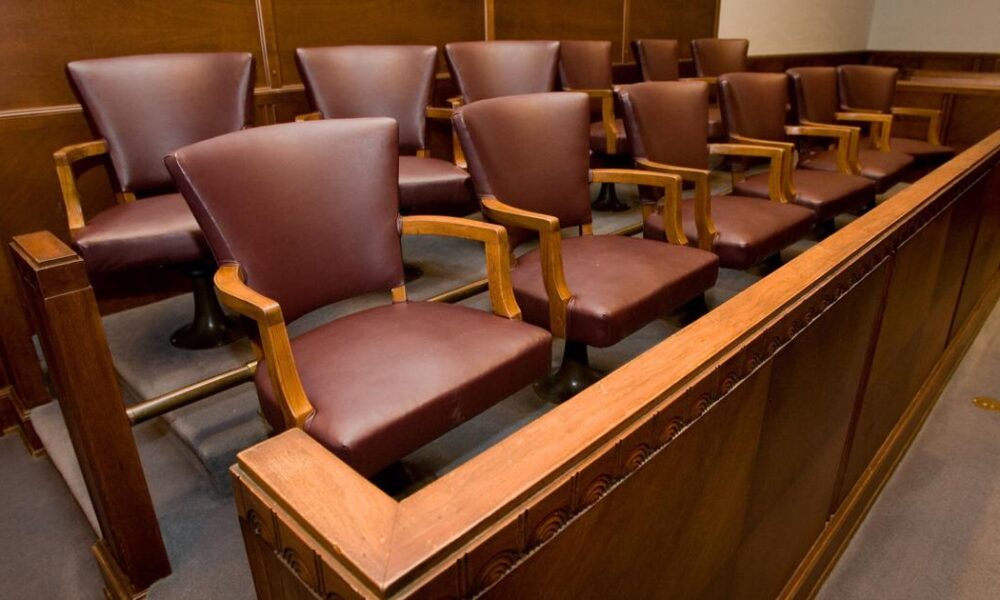UPDATE: The U.S. Supreme Court has just announced its decision to decline an appeal regarding the controversial practice of “corner crossing,” which allows hunters legal access to landlocked federal properties. This ruling maintains the legality of corner crossing in the 10th Circuit but leaves its status uncertain in other regions, particularly the 9th Circuit, which encompasses states like Idaho.
The high court’s refusal to hear the case, Iron Bar Holdings LLC vs Bradley H. Cape et al, has significant implications for public land access advocates who were hoping for a nationwide standard on this practice. The case was among several rejected by the Supreme Court in its latest session, adding urgency to the ongoing debate among hunters and landowners.
Bradley H. Cape, one of the hunters involved, expressed satisfaction with the ruling but noted a desire for the Supreme Court to ultimately resolve the legal ambiguity. “We never thought one time that we were doing something wrong,” Cape told WyoFile, a Wyoming nonprofit news organization.
This legal battle stems from an incident in 2020 and 2021, when Cape and three others attempted to access a remote parcel of public land managed by the U.S. Bureau of Land Management. This land was surrounded by private property owned by the Iron Bar Ranch in Wyoming. While they did not step on private land, they traversed the airspace above it, leading the ranch’s owners to pursue legal action. Their initial criminal trespass claims were dismissed, leading to a civil lawsuit in which the ranchers asserted that the hunters diminished their property’s value by $9 million.
In March 2023, the 10th Circuit Court of Appeals supported the hunters’ right to corner cross, further complicating the ranchers’ efforts to challenge the decision. The ranch owners subsequently appealed to the Supreme Court, which has now effectively closed the door on their arguments.
This ruling affects over 8 million acres of federal land that is surrounded by private property in the Western United States, including significant areas in Idaho. The checkerboard pattern of land ownership is a legacy of 19th-century federal land grants to railroad companies, complicating access to public lands for outdoor enthusiasts.
As public land access remains a hot-button issue, advocates are closely watching for any future legal challenges or legislative efforts that could clarify the rules governing corner crossing. Expect continued discussions and potential state-level actions as this issue evolves.
Stay tuned for further updates on this rapidly developing story.

